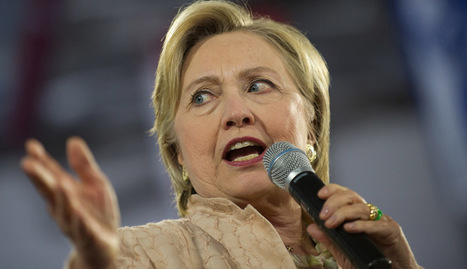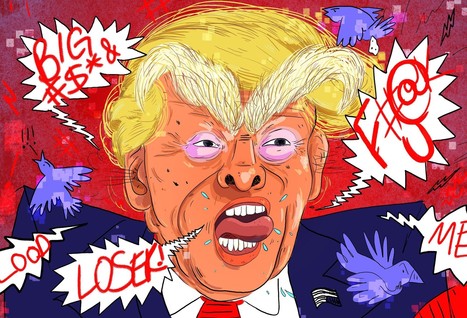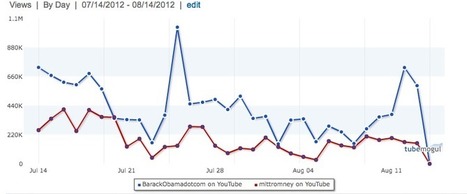It looked like a garden-variety promotional tweet, designed to attract attention to the AP’s big investigation into allegations of conflict of interest on the part of the Democratic presidential candidate. But by trying too hard to drum up interest in the piece, the wire service made itself the target instead.
The post made a significant, and startling, claim. Namely, that “more than half those who met Clinton as Cabinet secretary gave money to Clinton Foundation.” Surely this was compelling evidence of a conflict.
As sharp-eyed reporters for competing news outlets noted within minutes of the tweet and article being posted, however, this statistic was only true if you ignored the thousands of government officials, dignitaries, and so on that Clinton met in her capacity as Secretary of State....
Get Started for FREE
Sign up with Facebook Sign up with X
I don't have a Facebook or a X account
 Your new post is loading... Your new post is loading...
 Your new post is loading... Your new post is loading...
|
rachel caduri's curator insight,
July 9, 2016 12:40 PM
This article makes a lot of valid points however, I think they are incorrect about one thing. While Donald Trump has said and done many unfavorable things, he has been able to do one thing correct, and that is create a following. While his ideas are not something I personally agree with, there are many that do and he has brought them all together. He has used the mass communication powers that Twitter allows to generate a community and voter-base. Like the article says, Trump has a certain authenticity and genuine nature about him and his tweets, that people are drawn to. Like one of module's discussed, CMC often allows people to hide behind carefully crafted tweets, messages, and profile pages in online dating. Though it is not for dating purposes, politicians and candidates do the same thing. They create an online and public persona based on what people want. Trump however, has broken all these rules and ideas, and a significant amount of people found that honesty refreshing. He did not hide behind political correctness as many have done. |


















The perils of social media, politics and AP's surprising lapse in fact checking and journalism ethics.